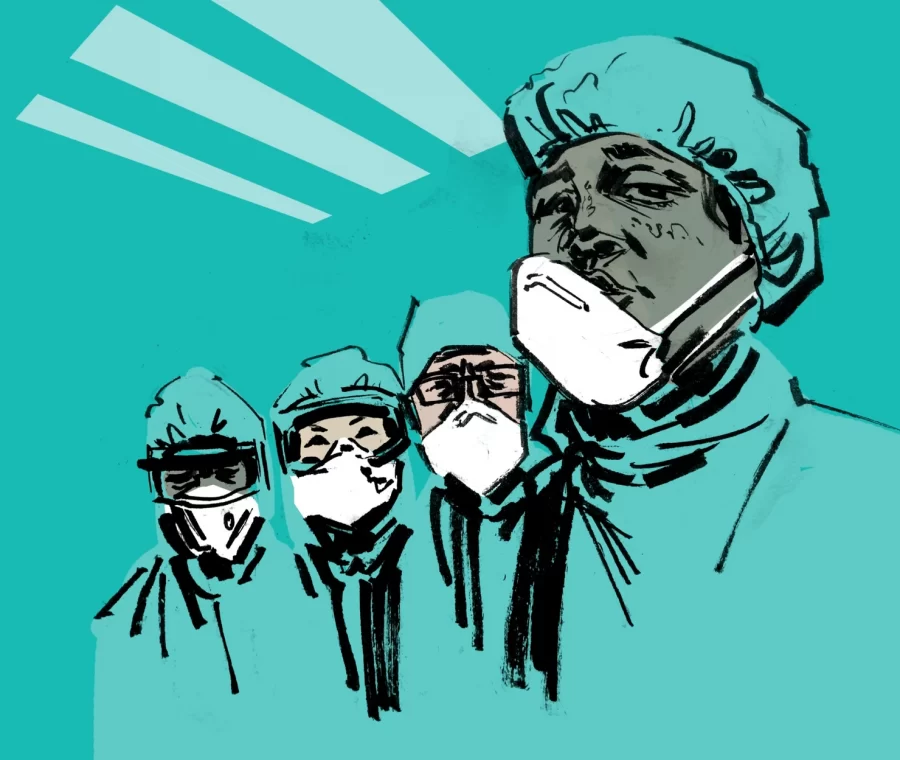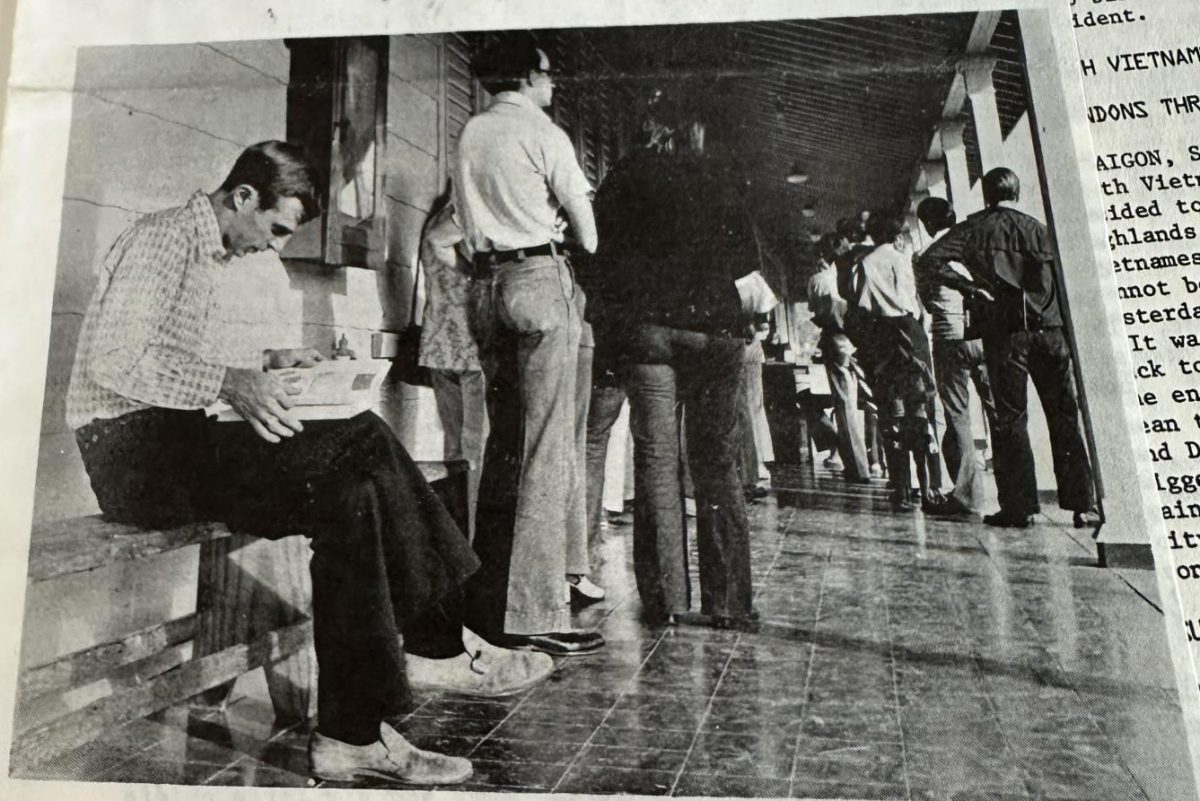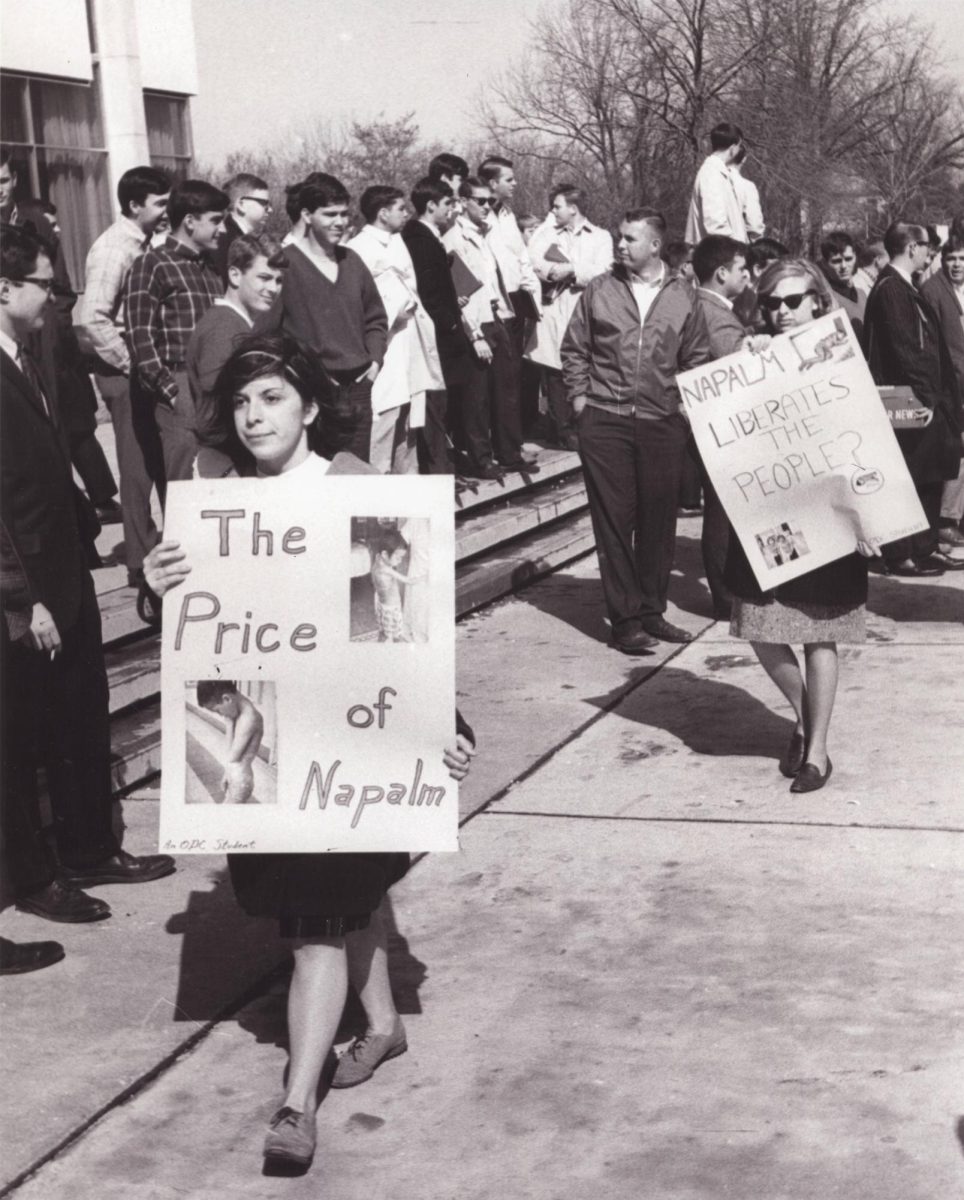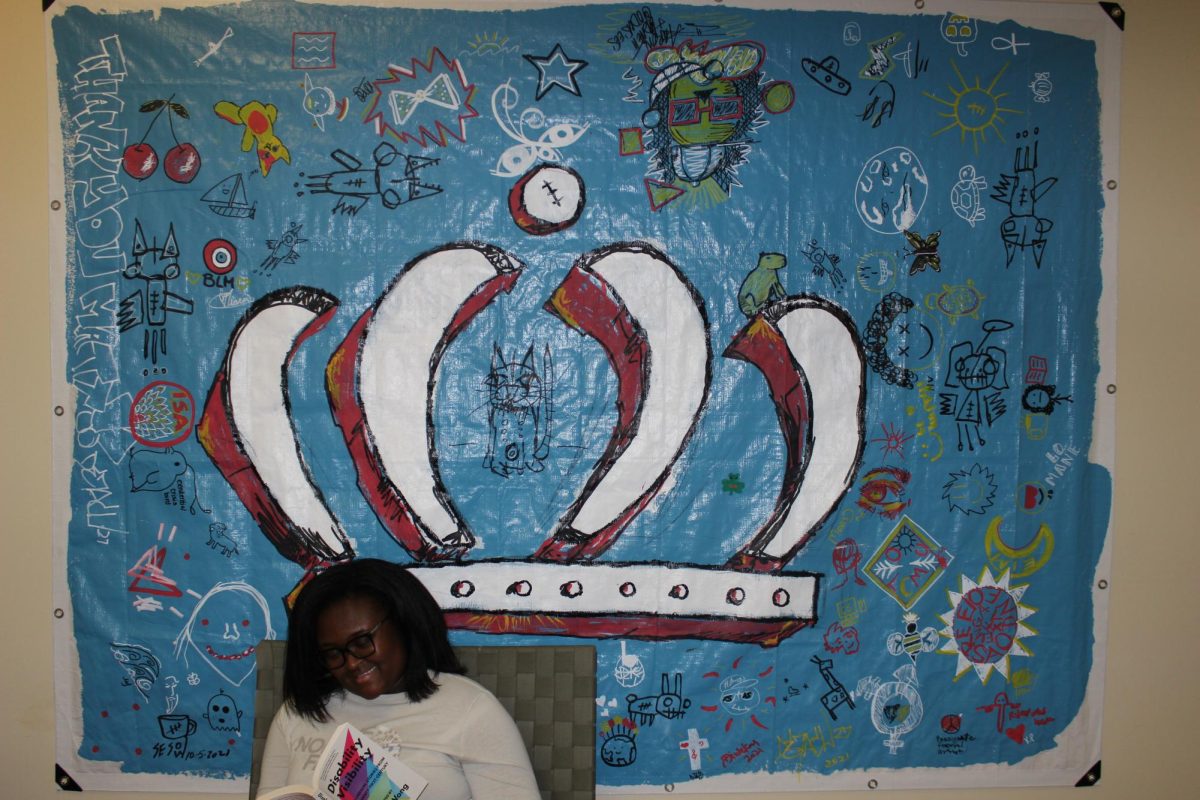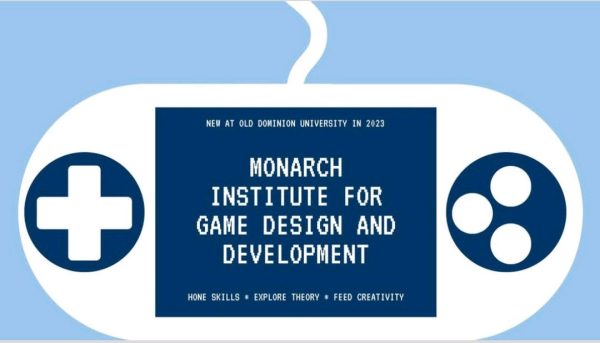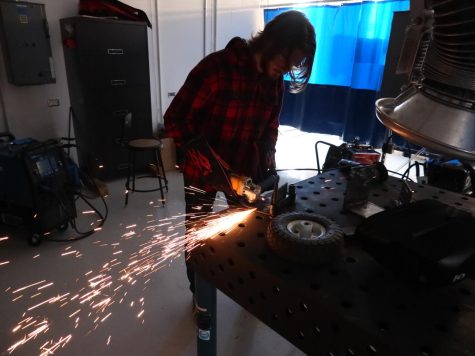ODU Researcher Talks U.S. Medical Supply at Virtual Science Pub
December 14, 2021
Originally published March 1, 2021.
The first virtual Science Pub of the Spring semester took place on Feb. 24th featuring ODU researcher Dr. Richard Ungo. The discussion formally titled, “Creating Resilience in Medical Supply Chains,” spurred a discussion on the fragility of America’s medical supply system and how the COVID-19 crisis has impacted supply and demand.
“It’s an ongoing process to look at the medical supply chains,” Ungo said, “Fully functional medical supply chains are essential for maintaining resilient healthcare– now more than ever.”
As medical supply chains were significantly affected by the supply and demand shocks of COVID-19, items like PPE, testing products, treatments, and disinfectant supplies rose in price and became scarce.
“The demand spike brought huge price increases, import increases, and domestic production increases,” said Ungo, “From 2019, our import value increased by 150%. We have more than before but there’s still a delicate supply and demand balance.”
According to Ungo, modern supply chains are efficient, but they’re constantly exposed to disruptions. There’s a multitude of specialized suppliers and the supply chain is spread across multiple countries. The chain also has a lean inventory approach meaning the idea is to “keep the inventory lowest at every link in the chain which would allow for effective distribution.” However, this approach is what contributes to the fragility of supply chains making them vulnerable to disruptions.
One issue that Ungo presents is foreign manufacturing. According to the researcher’s presentation, nearly 95% of surgical masks and 70% of respirators are produced outside of the U.S. Furthermore, Ungo also cited a 2011 survey of the U.S. Department of Commerce about the reliance on foreign sourcing in the healthcare and public health sector. It revealed that 73% of U.S. manufacturing relied on non-U.S. suppliers “for at least one critical component, material, or product.” However, the probability of a “serious disruption” from events outside the U.S. is 29%.
The two other major issues that Ungo points out from a Jan. 2021 US Government Accountability Office Report (GAO) are that the U.S. doesn’t have “complete and accessible drug manufacturing information” which prevents the government from identifying vulnerabilities in the supply chain. Additionally, the U.S. has yet to “develop a process for engaging about the strategy with key non-federal stakeholders that have a shared role for providing supplies during a pandemic…” On Jan. 21, 2021, President Biden signed an Executive Order on a Sustainable Public Health Supply Chain to create a resilience strategy.
Ungo believes that a resilience strategy would help the U.S. medical supply chain stay prepared, promote visibility, manage the stockpile, and control manufacturing bases. These ideas are only the beginning of what can be done to make U.S. medical supply chains stronger. Ungo also suggests that we should be considering our local options.
“Most of the manufacturing is being done through international supply chains,” said Ungo, “But how can we take advantage of the industry in Virginia to better prepare for a crisis?”
Virginia’s industrialization has created many opportunities, but it would be interesting to see our community take an active role in national supply chains to become more resilient in future crises.
Dr. Richard Ungo is a researcher and Clinical Assistant Professor specializing in Maritime and Supply Chain Management. ODU Science Pubs are an opportunity for the community to engage in thought-provoking conversations with ODU researchers while enjoying a drink. The next Science Pub is scheduled for March 2021.


